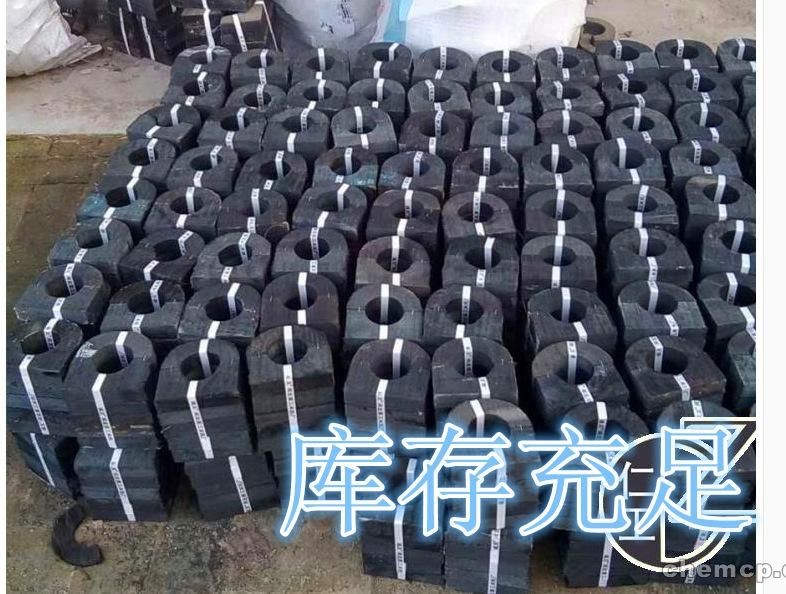Where to recycle aliphatic polyurethane topcoats, a large amount of expired palmitic acid pentapeptide recycling plastic and rubber additives: DCP, antimony trioxide, tri-salt, di-salt, agent, agent, processing aid, plasticizer, toughening DOP, nucleating agent, fluorescent whitening agent, antioxidant, ultraviolet light absorber, antistatic agent, opening agent, thinner, foaming agent, flame retardant, rubber accelerator, rubber antioxidant, zinc oxide, Decabromodiphenyl ether, ether, decabromodiphenyl, etc. In order to help Shaoxing’s industrial transformation, the Municipal Quality Supervision Bureau, in accordance with the city’s unified deployment, took chemical as an entry point, and worked with Zhejiang Chemical Industry and Shaoxing Technical Inspection Institute to take the lead in the textile industry (focus on knitted printing and dyeing fabric) and the chemical industry (focus on Disperse dyes) have been combined with ?.
Our company is mainly engaged in the recycling of various chemical raw materials, and has always been in line with the business philosophy of “sincere cooperation, trustworthiness, and commitment to environmental protection”, and sincerely serves enterprises and institutions. We always adhere to the recycling method and reasonable prices with customers. Cooperation, and strive to “turn waste into treasure, environmentally friendly home, income-generating win-win”!
Recycled pigments: phthalocyanine blue, phthalocyanine green, scarlet powder, Lithol scarlet, light fast pigment, yellow red, red red, iron oxide yellow, iron oxide red, medium chrome yellow, lemon yellow, benzidine yellow, pigments, Fluorescent pigments, rubber scarlet, golden red, toluidine red, molybdenum chrome red yellow, oil-soluble red, ultramarine blue, toner, naphthol, color base, lake, color source, cadmium red, plastic pigment, rubber pigment, pearl powder , Copper gold powder, aluminum silver powder, aluminum silver paste, and other organic and inorganic chemical pigments. .
Flavors, fragrances, daily chemical raw materials, zirconia trioxide, phosphorus pentoxide, H acid, silicone oil, benzene, bisphenol A, curing agent, precious metals: diamond oxide, nickel, bar, zinc. Urotropine, Vaseline, Polyvinyl Wax, Polyvinyl Alcohol, Whey Protein, Sodium Alginate, Polyene Polyol, Neoprene, Cetyl Alginol, Stearyl Alcohol, Polyacrylamide, Stannous Chloride, Poly Vinyl chloride, paint, color masterbatch, catalyst, guar gum, antioxidant, stearic acid, cellulose, Pingjia, sesame oil, carrageenan, melamine, light stabilizer, heat stabilizer, filler, soap noodles, Starch, rubber powder, potassium peracid, fumaric acid, citric acid, salicylic acid, succinic acid, lauric acid, fatty acid, oxalic acid, malic acid, bone glue, gelatin, white oil, heat transfer oil, vegetable oil, printing paste , Pharmaceutical and pesticide intermediates, etc. Thousands of chemical raw materials, pesticide raw materials, edible raw materials company culture
The product segment is further subdivided into topcoats, primers, metal conditioning agents, electronic coatings and others. In terms of revenue, by 2025, electronic coatings will account for more than 10% of the entire market segment. Electronic coatings or electrophoretic coatings are high-performance products that can provide reliable mechanical strength and corrosion protection.
From the end of October to the beginning of November, many plastic pellet processing plants were ordered to stop water, power and shut down. On November 15th, 113 waste plastic factories in Dali town were cut off from water and electricity due to unlicensed and unlicensed reasons. In the morning of the same day, 18 waste plastic recycling companies in Shishan Town were forcibly cleaned up, and a batch of waste plastic products and three vehicles were seized. On November 2, three plastic pellet manufacturing plants in Ruian were forced to cut off power and destroy equipment due to pollution.
From June to August during the ozone-prone season, the chemical industry, printing industry, and industrial coating industry implemented wrong-time control, and operations involving VOCs production processes are prohibited from 10 am to 18:00 every day. Strengthen the comprehensive management of life source VOCs. Strengthen the comprehensive management of catering oil fume, prohibit open-air barbecue; strengthen dry-cleaning equipment, eliminate open-type dry-cleaning machines; strictly control outdoor spray painting.


